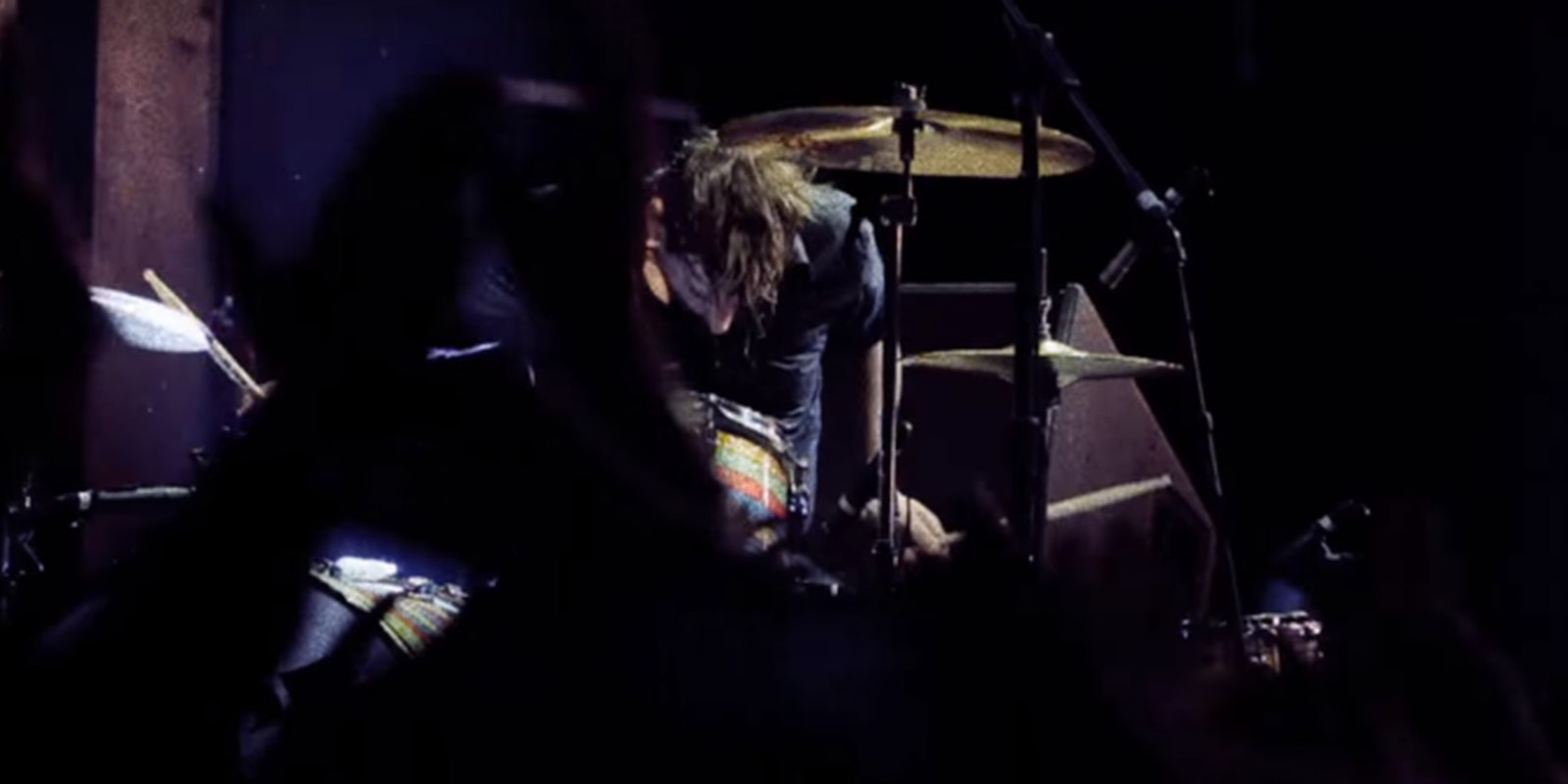The music industry and YouTube have been at odds about how musicians and record labels are paid for a while now, but the Black Keys’s Patrick Carney is inserting his input into the latest debate between YouTube and Nine Inch Nails frontman Trent Reznor,
On Monday Reznor, who also serves as Apple Music’s chief creative officer, spoke to Billboard along with other Apple Music executives on the future of streaming and the company after its first year. During that conversation, Billboard brought up the relationship between YouTube and the music labels, and Reznor slammed it for using “free, stolen content” to get to where it is today.
“Personally, I find YouTube’s business to be very disingenuous,” Reznor said. “It is built on the backs of free, stolen content and that’s how they got that big. I think any free-tiered service is not fair. It’s making their numbers and getting them a big IPO and it is built on the back of my work and that of my peers. That’s how I feel about it. Strongly. We’re trying to build a platform that provides an alternative—where you can get paid and an artist can control where their [content] goes.”
A couple of days later, YouTube disputed Reznor’s claims in a statement that noted that music labels earn money from user-uploaded content such as fan videos and called the assertion that its content is unlicensed inaccurate.
The overwhelming majority of labels and publishers have licensing agreements in place with YouTube to leave fan videos up on the platform and earn revenue from them. Today the revenue from fan uploaded content accounts for roughly 50 percent of the music industry’s YouTube revenue. Any assertion that this content is largely unlicensed is false. To date, we have paid out over $3 billion to the music industry–and that number is growing year on year.
Enter Carney. As far as he’s concerned, there is plenty of unlicensed music floating around YouTube, noting Thursday on Twitter that in just five minutes he could find at least 250 songs that were unlicensed. He doesn’t name anyone, but he also calls out the artists who have stakes in music companies that don’t push for artists getting fair pay.
Give me five minutes on @youtube and I probably can find 250 songs that are available which the artist isn’t getting paid for. At least.
— Patrick Carney (@patrickcarney) June 16, 2016
A sell out in my book in 2016 is anyone that takes a share in a streaming company who also is an artist and doesn’t advocate for fair pay.
— Patrick Carney (@patrickcarney) June 16, 2016
A song should cost as much as an avocado. They should be traded similarly at least until people discover a similarly thick and savory fruit
— Patrick Carney (@patrickcarney) June 16, 2016
Carney and Reznor are on the same side of a battle that won’t end anytime soon.
H/T Pitchfork


